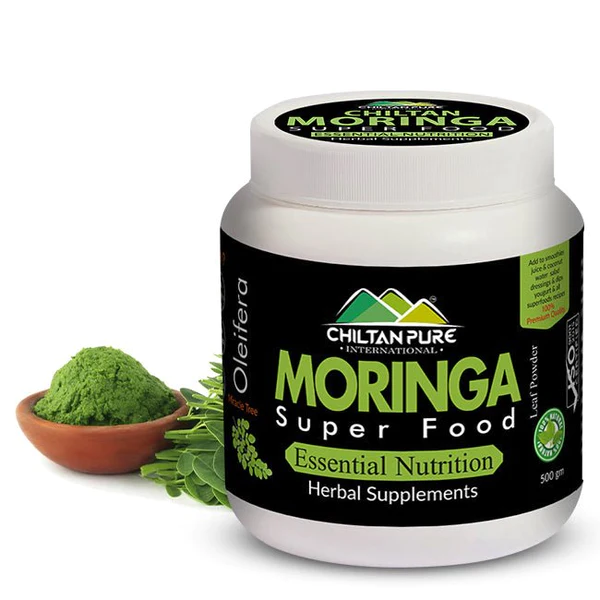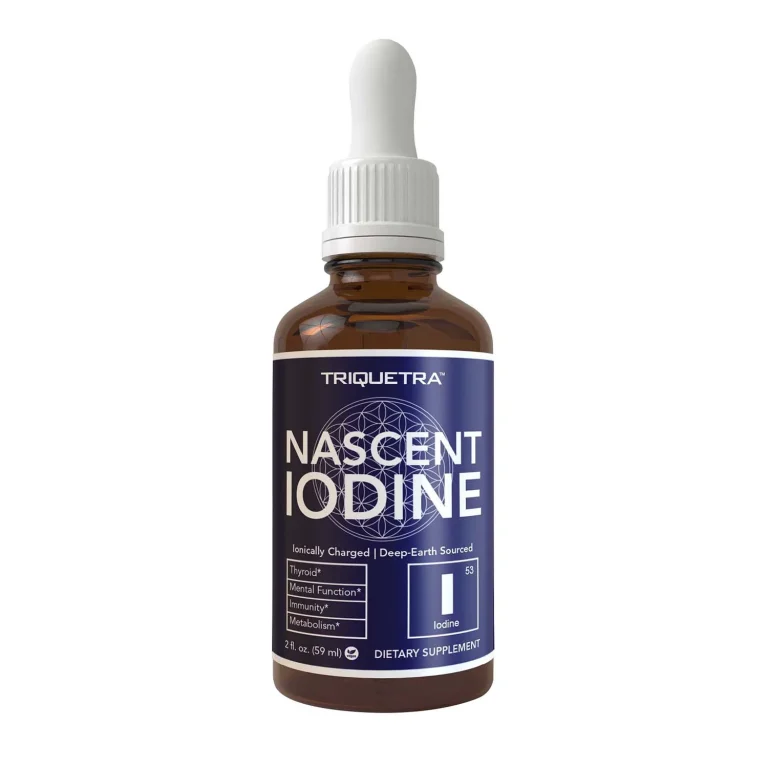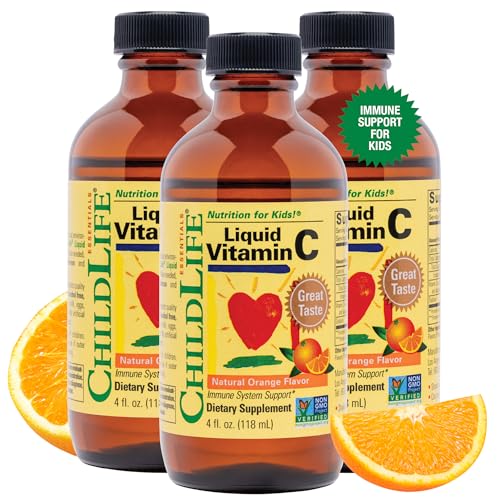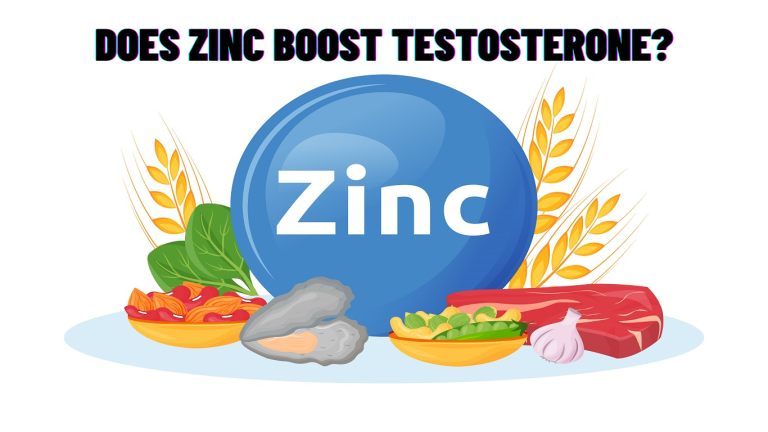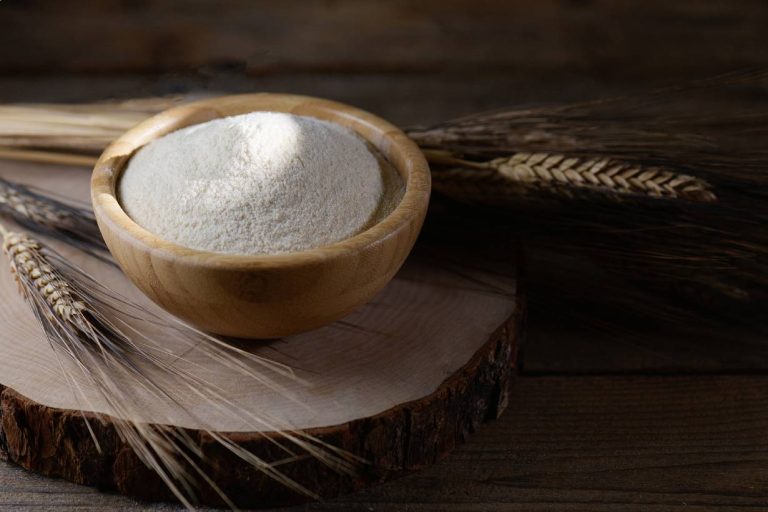What is Dextrin? A Versatile and Valuable Food Ingredient
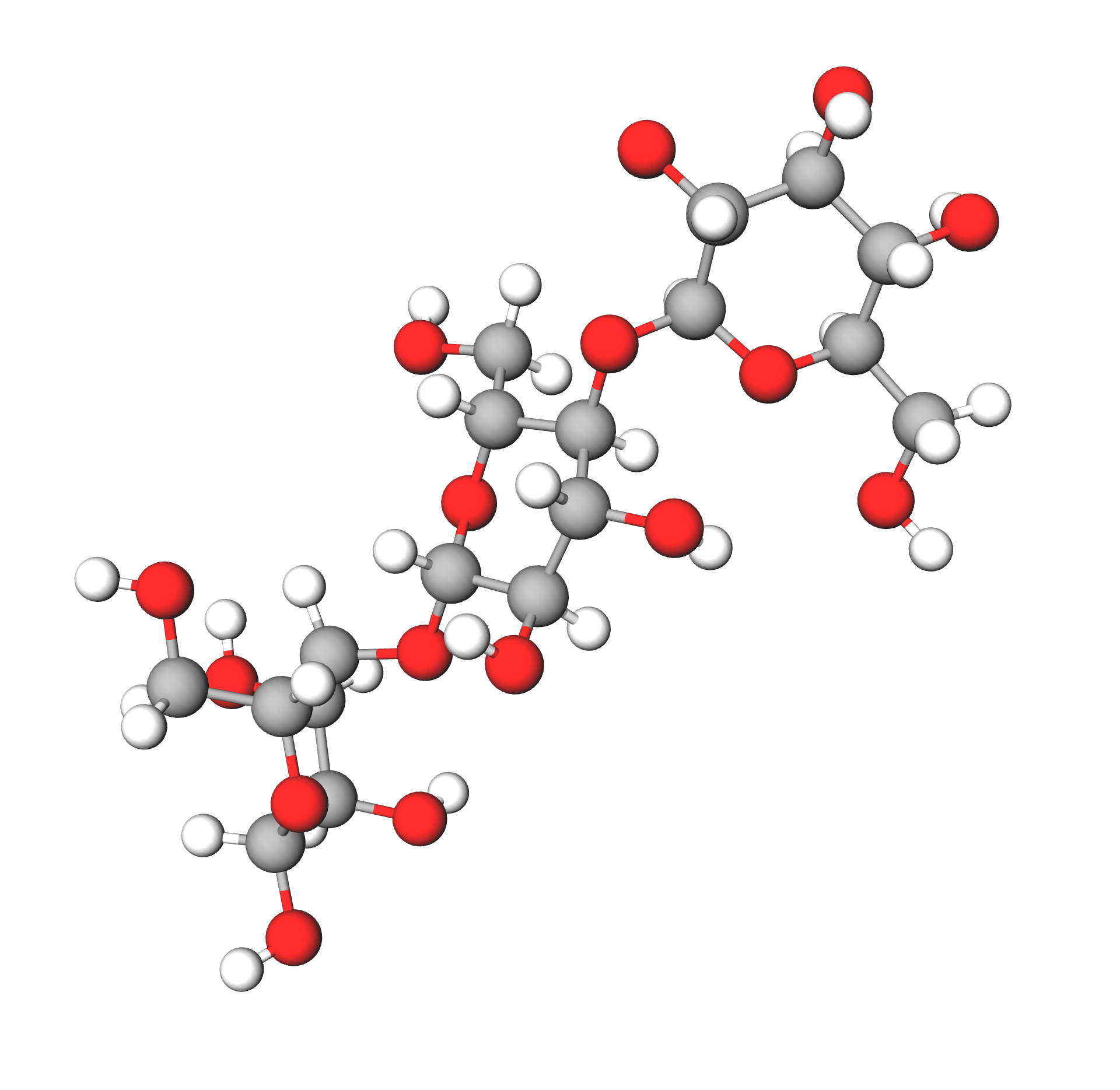
What is Dextrin?
What is Dextrin? Dextrin is a widely used carbohydrate derivative that plays a significant role in various industries, particularly in the food and pharmaceutical sectors. This versatile compound offers an array of functional properties, making it a valuable ingredient in numerous products. In this article, we delve into the nature of dextrin, its production process, applications, and potential health considerations.
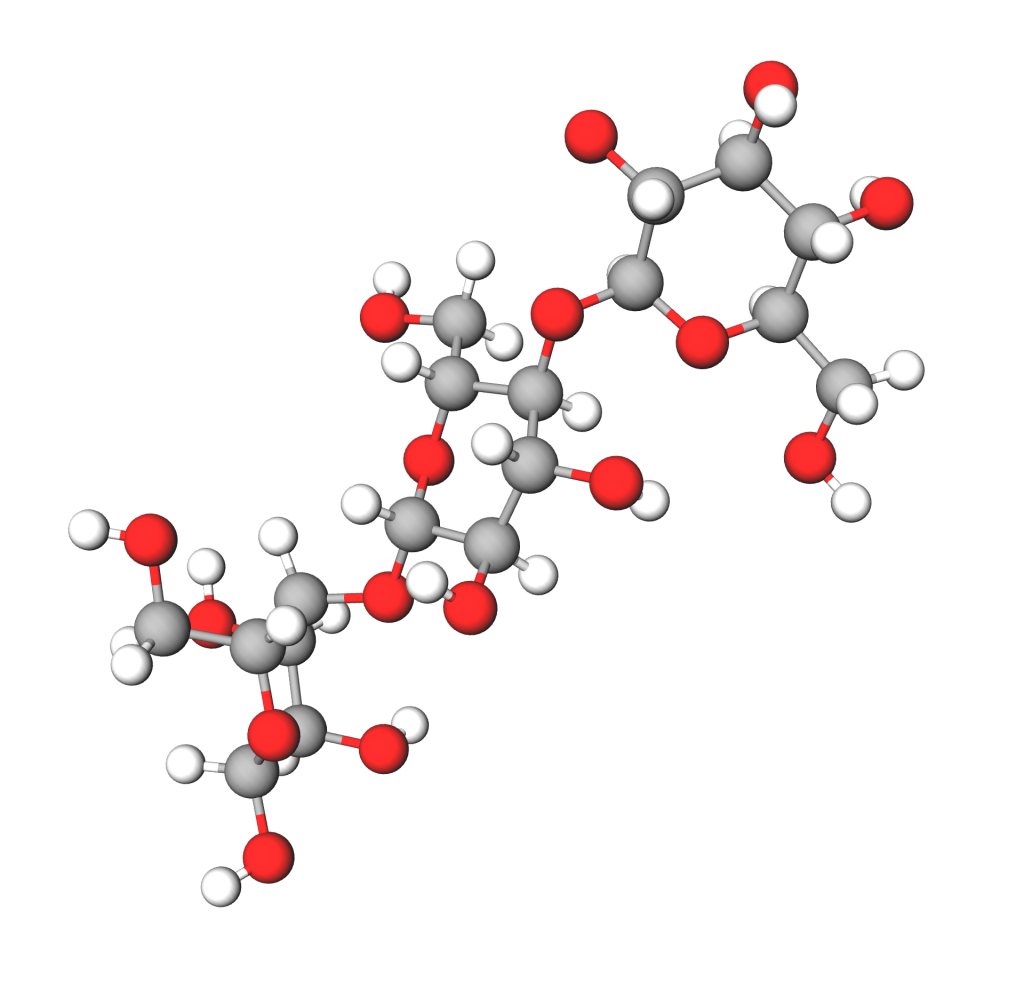
What is Dextrin?
What is Dextrin ?Dextrin is a group of low-molecular-weight carbohydrates derived from starches. It is created through the hydrolysis of starch using acids, enzymes, or heat. The resulting product is a water-soluble, amorphous powder ranging in color from white to brown. Dextrin is characterized by its adhesive, viscous, and gelling properties, which make it suitable for a wide range of applications.
Production Process
The production of dextrin involves the partial hydrolysis of starch, which can be derived from various sources such as corn, wheat, potatoes, or rice. The process typically includes the following steps:
- Gelatinization: The starch is heated in the presence of water, causing the granules to swell and burst, ultimately forming a viscous paste.
- Hydrolysis: Enzymes, acids, or heat are used to break down the starch molecules into smaller fragments, resulting in the formation of dextrins.
- Drying: The resulting solution is dried to produce the dextrin powder, which may vary in color and functional properties based on the specific production conditions.
Applications
Dextrin finds application in a diverse set of industries, with its primary uses including:
- Food Industry:
- Thickening and Binding: Dextrin is used as a thickening agent in gravies, sauces, and soups. It also functions as a binding agent in food products such as batters and coatings.
- Bakery Products: It is employed to enhance the texture and browning of baked goods, as well as to improve the shelf life of certain products.
- Pharmaceutical Industry:
- Excipient: Dextrin serves as a pharmaceutically acceptable carrier in drug formulations, assisting in the dispersion and release of active pharmaceutical ingredients.
- Adhesives and Textiles:
- Adhesives: Dextrin’s adhesive properties make it valuable in the production of adhesives for paper and textiles.
- Other Applications:
- Dextrin is also utilized in the production of foundry, oil drilling, and binding agents, as well as in the creation of special glazes in ceramics and pyrotechnics.

Benefits of Dextrin
What is Dextrin? Dextrin offers several benefits across multiple industries. In the food industry, it acts as a versatile thickening and binding agent, enhancing texture and shelf life while contributing to desirable sensory attributes such as browning and crispiness in various culinary applications. In pharmaceuticals, dextrin serves as a valuable excipient, aiding in the dispersion and release of active pharmaceutical ingredients in drug formulations. Additionally, its adhesive properties make it indispensable in the production of adhesives for diverse applications, ranging from paper to textiles. These properties underscore dextrin’s significant role as a valuable additive with widespread applications, contributing to the functional and sensory attributes of a broad array of products.
Main source to get more information : https://explore.globalhealing.com/8-benefits-dextrin/
Potential Health Considerations
From a health perspective, dextrin is generally recognized as safe when consumed in moderate amounts as a food additive. However, individuals with specific dietary concerns, such as gluten intolerances, should be mindful of the sources of dextrin and ensure that it aligns with their dietary restrictions. As with any food ingredient, it is essential to consider individual sensitivities and dietary requirements.
In conclusion, dextrin is a versatile and valuable component with widespread applications across various industries. Its ability to modify texture, enhance binding, and serve as a carrier makes it a crucial ingredient in the formulation of numerous products. As our understanding of dextrin continues to evolve, its role in food science, pharmaceuticals, and other fields is likely to expand, underscoring its enduring importance in modern manufacturing and product development.

May you like this
Conclusion
In conclusion, dextrin is a valuable and versatile carbohydrate derivative obtained through the partial hydrolysis of starch. Its wide-ranging applications in the food, pharmaceutical, adhesive, and textile industries make it a highly desirable ingredient. With its functional properties such as thickening, binding, and adhesive qualities, dextrin continues to play a significant role in various industrial processes. As research into its properties and applications progresses, dextrin is poised to maintain its importance in diverse fields, contributing to the development of innovative products and solutions.
FAQs About Dextrin
1. What is dextrin?
Dextrin is a group of low-molecular-weight carbohydrates derived from the hydrolysis of starch. It is commonly used as a food additive, thickening agent, and binding agent in various industries.
2. How is dextrin produced?
Dextrin is produced through the partial hydrolysis of starch. The starch is gelatinized and then hydrolyzed using enzymes, acids, or heat to break down the starch molecules into smaller fragments, resulting in the formation of dextrins.
3. What are the primary uses of dextrin?
Dextrin finds application in the food industry as a thickening agent, in bakery products to enhance texture and browning, and as a binding agent in batters and coatings. It is also used in pharmaceuticals as a carrier in drug formulations and in the production of adhesives, textiles, foundry, and oil drilling agents.
4. Is dextrin safe for consumption?
Dextrin is generally recognized as safe when consumed in moderate amounts as a food additive. However, individuals with specific dietary concerns, such as gluten intolerances, should be mindful of the sources of dextrin and ensure that it aligns with their dietary restrictions.
5. Are there different types of dextrin?
Dextrin can vary in color and functional properties based on the specific production conditions. Common types include white, yellow, and brown dextrins, each with distinct characteristics suited for different applications.
6. Can dextrin be used in pharmaceutical products?
Yes, dextrin is used as an excipient in pharmaceutical formulations, where it serves as a pharmaceutically acceptable carrier, assisting in the dispersion and release of active pharmaceutical ingredients.
7. Are there any potential allergens associated with dextrin?
Dextrin derived from sources such as wheat may contain gluten, which can be a concern for individuals with gluten sensitivities or celiac disease. It’s important to carefully consider the source of dextrin for those with gluten-related dietary restrictions.
8. What role does dextrin play in food products?
In food products, dextrin is used to modify texture, enhance binding, improve shelf life, and contribute to desirable sensory attributes such as browning and crispiness in various culinary applications.
About Author

Content Creator at PharmaPULS
Dr. James
Meet Dr. James, a seasoned pharmacist with a rich background spanning over 11 years in the field. His unwavering dedication to healthcare and passion for fostering well-being led to the creation of PharmaPULS. Driven by a commitment to providing accurate and insightful information, he endeavors to empower individuals to make informed decisions about their health. Through PharmaPULS, Dr. James aspires to bridge the gap between medical expertise and public understanding, ensuring that everyone has access to reliable pharmaceutical insights.

